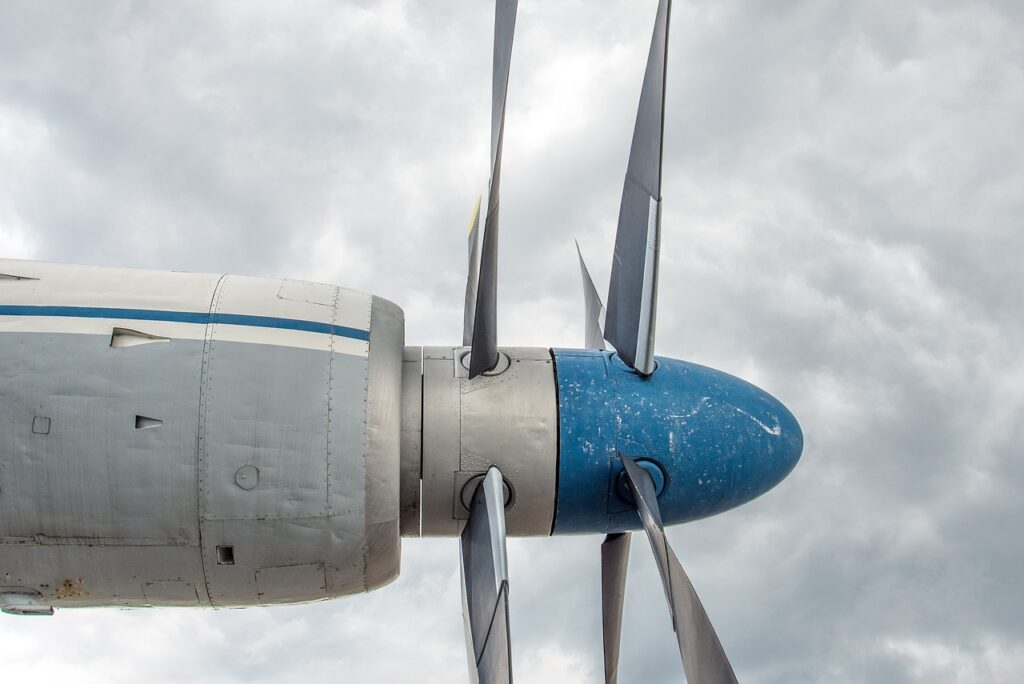H3 Dynamics, a company focusing on hydrogen technology, has been chosen by the EU-backed Clean Aviation Initiative to supply hydrogen fuel cells for a developmental aircraft project.
Pipistrel, another prominent player in aviation innovation, is crafting a hydrogen-powered, 19-seat regional aircraft, dubbed the Miniliner, which could revolutionize short-haul air travel.
Textron eAviation is among those groups involved in advancing clean aviation technologies, with a focus on transitioning to more sustainable power sources for aircraft. Their efforts underscore a broader industry trend towards minimizing carbon emissions and exploring alternative fuels.
The field of advanced air mobility is grappling with the complexities of battery technologies. Innovations from MagniX, including their new Samson batteries, highlight ongoing research aimed at overcoming the limitations of current battery systems.
London Oxford Airport now stocks SAF, and a new tenant, OXCCU, will produce synthetic aviation fuel onsite. Moreover, Sparfell, an aircraft management and charter group, is offering sustainable aviation fuel through a book-and-claim system, marking significant progress in aircraft fuel management.
The Middle East is emerging as a key player in the sustainable aviation sector. The commitment to reducing carbon emissions is evident, with regional initiatives aimed at providing low-carbon fuel options being prioritized.
A zzera has enhanced its Celeste platform by adding an SAF inventory management tool. This software is designed to manage multiple carbon compliance jurisdictions, simplifying the regulatory complexities involved in sustainable aviation operations.





